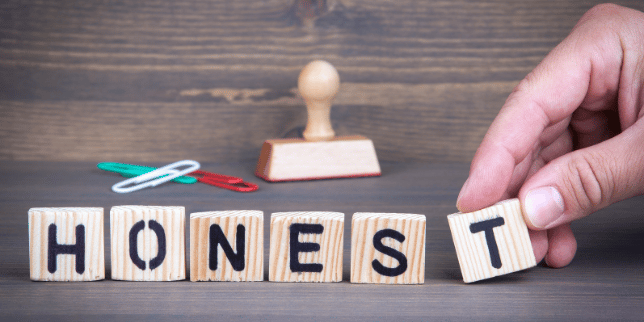Turbulent relationships are never easy. They can be full of ups and downs, and it can be difficult to maintain balance and trust. However, with a little effort, it is possible to create a relationship that is both stable and fulfilling. Here are some tips that can help you achieve balance and trust in a turbulent relationship.
1. Visit a Professional

A professional therapist can help you a lot to let off steam in a healthy way and start improving the way you act toward each other. Many people have gone through couples counseling support and came out much better for it.
Trust is something that is often lacking in relationships, and if you can’t trust your partner, the relationship will never work. If you’re feeling lost, visiting a professional may be the best way to get back on track.
Research good therapists in your area and make an appointment for both of you to go together. It may feel like a big step, but it could be the best thing you ever do for your relationship.
Trust is the foundation of any good relationship, so if you’re struggling with trust issues, visiting a professional may be the best way to get back on track.
2. Have Open Conversations

Communication is key to having a healthy relationship with your partner. When you’re having difficulties, it can be easy to shut down and avoid talking about the issue. However, having open conversations is crucial to resolving conflict and creating trust.
Try to set aside some time each day to talk with your partner about both the good and the bad. This will help you stay connected and on the same page.
It’s also important to listen actively during these conversations. Show that you’re interested in what your partner has to say by making eye contact and giving them your full attention.
If you’re having trouble communicating, there are plenty of resources available to help. Books, articles, and therapists can all offer guidance on how to improve your communication skills.
3. Create Positive Experiences Together

Try to do things as a couple that you both enjoy. Whether that’s exploring a new city, going on hikes, or attending art galleries, creating positive experiences together is crucial for balance and trust.
It’s also important to have your own hobbies and interests outside of the relationship. This allows you to maintain a sense of self while also being part of a strong team.
Of course, it’s not all rainbows and butterflies – relationships are hard work. But if you can focus on creating positive experiences together, it will be worth it in the end.
4. Find Ways to Connect

There are many ways in which you could connect with your partner. Lots of couples have tried the following things:
- Listening to each other
- Spending time together
- Having fun together
- Sharing interests
- Being honest with each other
- Working on trust issues
This will make sure you have empathy and understanding for each other which are important for a trusting relationship.
You should also both be able to give and take, so finding a balance is key. If you’re feeling overwhelmed, try communicating this to your partner in a calm and assertive way.
Lastly, don’t forget the importance of physical touch as it releases oxytocin which strengthens bonding.
5. Be Honest

Honesty is the cornerstone of any good relationship. It’s the foundation upon which trust is built and without it, a relationship will crumble. Being honest with your partner is essential if you want to have a healthy, balanced relationship.
But being honest doesn’t mean being hurtful. You can be honest without being unkind. In fact, being honest is often the kindest thing you can do. Honesty builds trust and creates a foundation of respect.
6. Follow Through On Commitments

A committed relationship means following through on what you say you’re going to do. If you make a commitment to your partner, it’s important to follow through and do what you said you would do. This is how trust is built in a relationship.
If you don’t follow through on your commitments, it can create feelings of insecurity and mistrust. Your partner may feel like they can’t rely on you or that you’re not really committed to the relationship.
7. Stay Consistent

Last, but not least, consistency is essential to achieving balance and trust in a relationship. If you’re constantly changing your mind or going back on your word, it’s going to be very difficult for your partner to trust you. Trust is essential for any relationship to thrive, so if you want yours to last, staying consistent is a must.
Of course, staying consistent doesn’t mean you can never change your mind everyone grows and evolves over time. But it does mean being honest with your partner about any changes you’re making, and why.
Conclusion
Turbulent relationships are quite stressful, but if you work on them with a professional, they can be fixed. Make sure to have open conversations and create positive experiences together. Find ways to connect and be honest with each other at all times. You always need to follow through on your commitments and be consistent about it!







